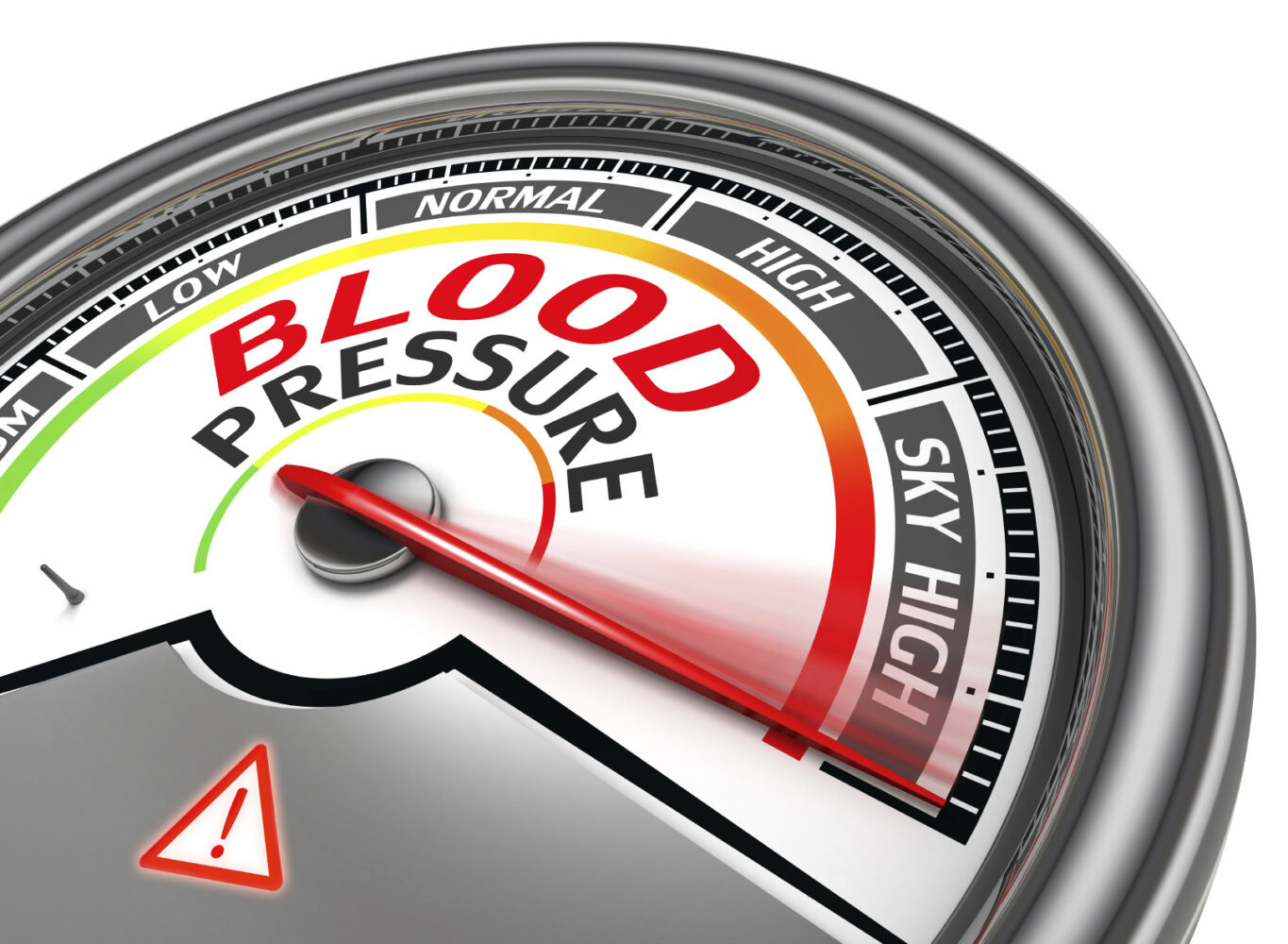High blood pressure, or hypertension, is a prevalent condition affecting the arteries. When one has hypertension, the blood consistently exerts too much force against the artery walls, causing the heart to work harder to circulate blood.
Blood pressure is measured in millimeters of mercury (mm Hg), and hypertension is generally defined as a reading of 130/80 mm Hg or higher.
Hypertension, can develop over many years, often without noticeable symptoms. Several factors can contribute to its onset, and these can be divided into two main categories: primary (essential) hypertension and secondary hypertension.
Causes of Primary Hypertension
Primary hypertension, the most common type, develops gradually over time and doesn’t have a single identifiable cause.
High blood pressure can run in families, suggesting a genetic predisposition. If close relatives have hypertension, the likelihood of developing it increases.
Consuming too much salt can cause the body to retain water, increasing blood volume and pressure.
Consumption of low Potassium. It helps balance sodium in the body. A diet low in potassium can cause an imbalance, contributing to high blood pressure.
Obesity, excess body weight strain the heart, as it has to work harder to pump blood through a larger body.
This increased effort can lead to higher blood pressure. Smoking is another factor that causes high blood pressure, this action damages the blood vessels, causes narrowing of the arteries, and raises blood pressure. It also increases the risk of heart disease.
Chronic stress can contribute to hypertension through unhealthy habits like poor diet, smoking, or alcohol use. Acute stress can also temporarily increase blood pressure levels.
Sleep conditions like sleep apnea, where breathing repeatedly stops and starts during sleep, can significantly raise blood pressure by depriving the body of oxygenate night.
Causes of Secondary Hypertension
Secondary hypertension results from an underlying condition and tends to appear suddenly.
Damaged kidneys can affect the body’s ability to regulate blood pressure by altering sodium and water balance.
Hormonal disorders
- Hyperthyroidism: An overactive thyroid can raise blood pressure by increasing metabolism.
- Adrenal gland tumors: Certain tumors can cause excessive production of hormones like aldosterone and cortisol, leading to higher blood pressure.
Some individuals may get affected by the use of birth control pills which eventually raises blood pressure
Signs and symptoms of high blood pressure
Most people with high blood pressure experience no symptoms, which is why it’s often referred to as a “silent killer.”
However, in cases where blood pressure becomes dangerously elevated (180/120 mm Hg or more), known as a hypertensive crisis, the following symptoms may occur:
Sudden, intense headaches can indicate increased pressure in the brain, a potentially dangerous sign.
Chest pain, tightness, pressure, or pain in the chest may suggest the heart is under strain, which could lead to a heart attack.
Dizziness, feeling lightheaded or faint can occur when high blood pressure affects blood flow to the brain.
Shortness of breath may signal that the heart is struggling to pump effectively or that fluid is building up in the lungs.
High blood pressure can trigger nausea, and in some cases, vomiting due to increased pressure in the brain.
Blurred vision or other vision changes. Damage to the blood vessels in the eyes, known as hypertensive retinopathy, can impair vision and may cause long-term damage.
Anxiety, and hypertensive crisis may lead to feelings of intense worry or panic.
Buzzing in the ears (tinnitus), hypertension can impact circulation in the ear, leading to a ringing or buzzing sound.
A sudden increase in blood pressure can cause the small vessels in the nose to rupture leading to nosebleeds
Irregular or racing heartbeats can indicate that the heart is being affected by hypertension.

Preventing high blood pressure
Preventing high blood pressure is about adopting a healthy lifestyle that supports your heart and overall well-being.
By maintaining a nutritious diet, staying active, managing stress, and making healthy choices regarding smoking, alcohol, and sleep, you can significantly reduce your risk of hypertension and its associated complications.
Regular monitoring and medical advice are key to keeping your blood pressure in check and safeguarding your long-term health.
In 2021, WHO released a new guideline for on the pharmacological treatment of hypertension in adults.
The publication provides evidence-based recommendations for the initiation of treatment of hypertension, and recommended intervals for follow-up.
The document also includes target blood pressure to be achieved for control, and information on who, in the health-care system, can initiate treatment.












